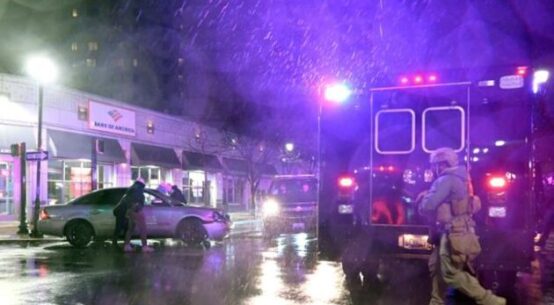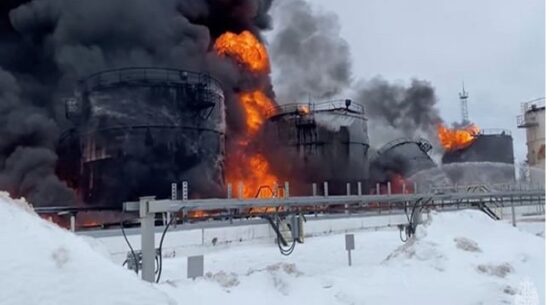Ninety percent of the Gaza deal is done, with the sticking points being the hostage-prisoner swap and the Philadelphi Corridor, a senior Biden administration official told reporters on Wednesday.
“Basically, 90% of this deal has been agreed on,” the official said, as he drew a picture of talks that were nearing completion – but still had significant challenges – as to ones that were stalled or falling apart.
In Israel, the debate on the hostage deal has focused on Prime Minister Benjamin Netanyahu’s insistence that Israel would not agree to Hamas’s demand that the IDF withdraw its forces from the critical buffer zone known as the Philadelphi Corridor.
Netanyahu himself has given two press conferences on consecutive nights in Hebrew and English to underscore the importance of this buffer zone between Egypt and Gaza.
Proponents of the deal have accused Netanyahu of thwarting it, arguing that a deal could have been reached if only he would agree to withdraw from the Philadelphi Corridor.
The US official, however, drew an opposite picture that focused on problems over the hostage-prisoner swap, while accusing Hamas of harming the chances of a deal.
At issue in particular, the official explained, was Hamas’s execution of six of the hostages while it was engaged in talks about releasing such captives.
“Before the events of this weekend, we had been working together with Egypt and Qatar, particularly on the arrangements of the prisoner exchange and putting together a package by which you would basically have everything worked out,” the official said.
Then there were the executions over the weekend, “which has kind of changed the character of some of that discussion,” the official explained.
“It has brought a sense of urgency to the process, but it’s also called into question Hamas’s readiness to do a deal of any kind,” the official explained.
“There’s a list of hostages, and we all have it, and Hamas has had it, and all the parties have had it, and there are now fewer names on the list,” the official said. “It’s horrific” particularly with Hamas “threatening to execute more hostages,” the official explained.
Such actors were a reminder that “we’re dealing with a terrorist group,” the official stated.
He placed the number of Palestinian security prisoners and terrorists who would be freed in exchange for hostages at 800, including those serving life sentences for killing civilians.
It’s been expected that some 18-32 hostages would be freed in the first phase of the three-phase deal.
The official said that most of the talk in Doha earlier this week was on the issue of the hostage prisoner exchange.
The deal has 18 total paragraphs, of which 14 have been completed, with three of those paragraphs dealing with the hostage-prisoner swap, the official said.
The deal can not move forward until this issue of hostage and prisoner exchange has been worked out, he explained.
The official also spoke about the Philadelphi Corridor explaining that an agreement can not be reached until the issue of hostage and prisoner exchange has been worked out
Nothing in the original May 31 agreement mentions the Philadelphi corridor. The deal stipulated that the IDF withdraw from all densely populated areas.
“And a dispute emerged,” the official said, over “whether the Philadelphi corridor, which is effectively a road on the border of Gaza and Egypt, is a densely populated area.”
“Israelis over the course of the last couple weeks, produced a proposal by which they would significantly reduce their presence on the corridor,” the official said, describing it as a “fairly significant reduction,” he said.
The US official stressed that there were options to secure the border that did not involve an IDF presence along the Philadelphi.
“We are going to make sure and certain that Israel’s security is of the primary interest in this deal, I have seen some Israeli ministers say this deal somehow would sacrifice Israel’s security. That is just fundamentally, totally untrue,” the official said.
“If anything, I would argue that not getting into this deal is more of a threat to Israel’s long-term security than actually concluding the deal,” the official stated.
“Ultimately, the final decision maker is Hamas leader Yahya Sinwar,” he said.


